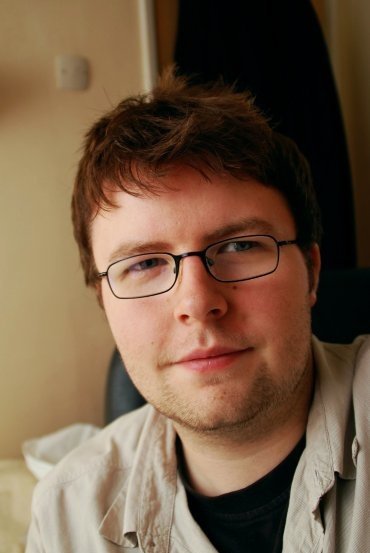The Press Complaints Commission (PCC), which is for papers and magazines
The Office of Communications (OFCOM), for broadcasters
BBC Trust, for regulating output on the BBC.
The reason why these codes matter so much is because they help guide journalists through any ethical issues that they may face and how far it is that you can go.
The PCC is often seen as a toothless tiger. It's self-regulated and has little in the way of impartiality. Whilst it acts as a place to send complaints, in many cases these aren't acted upon (such as the Jan Moir article on Stephen Gateley after his death). It acts as little more than a deterrent as it can force retractions and apologies from editors in their newspapers.
In contrast, OFCOM is far more authoritative. OFCOM has the ability to hand out heavy fines to broadcasters it feels have broken its regulations. For example, it fined ITV £5.6million for the vote rigging scandal several years ago. Beyond fines, it can prevent broadcasters from airing repeats, forced airings of apologies and in worst case scenarios removing their broadcasting license.
For the BBC, the BBC Trust is responsible for upholding the BBC's guidelines. They deal with complaints made directly to the BBC and investigating whether there was any wrongdoing. These guidelines are available to the entire public and serve as a referral to all BBC workers and other journalists. This ensures it has a very user friendly site.

